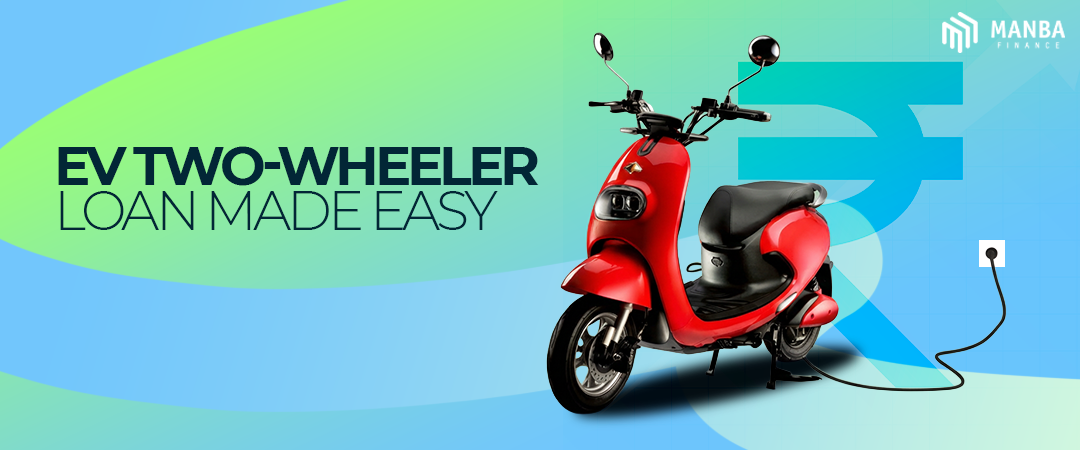Why Your CIBIL Score Deserves Attention?
Let’s get straight to it: your CIBIL score is your financial reputation. When you request a loan or a new credit card, lenders use this number to decide if you’re worth the risk. Scores above 750 mean better deals, faster approvals, and, let’s be honest, less hassle. If you’re not there, you’re likely paying more and getting less.
What is a CIBIL Score?
The CIBIL score is a three-digit number (300–900) that sums up how you manage debt. The key factors:
- Repayment history (35%)
- Types and age of credit (25%)
- Credit utilization (20%)
- Number of recent loan/credit applications (10%)
- Other miscellaneous factors (10%)
A credit score above 750 isn’t just “good”, it’s a green light for lenders.
Why CIBIL Scores Dip
Let’s not sugarcoat it: most people run into trouble because of these factors:
- Late or missed EMI payments
- High usage of credit limits
- Too many loan or card applications in a short time
- Errors in your credit report
- Not enough credit history to judge
10 Ways to Elevate Your CIBIL Score Rapidly
1. Pay Dues on Time, No Negotiation
Your payment history is the biggest piece of the puzzle. Late payments? They hurt. Make timely payments a priority.
2. Keep Credit Utilization Low
Use 20–30% of your available limit at most. If you’re regularly maxing out cards, lenders will view you as high-risk.
3. Avoid Multiple Loan Applications
Each application triggers a hard inquiry, which can lower your score. Only apply when truly necessary.
4. Request a Credit Limit Increase
If you qualify for a higher limit, accept it, but continue to spend conservatively. This improves your utilization ratio.
5. Review Your Credit Report Regularly
Errors happen. If you spot inaccuracies, dispute them immediately to prevent unnecessary damage to your score.
6. Settle All Outstanding Dues
Even minor unpaid balances can hurt your score. Clear everything, especially older or written-off debts.
7. Diversify Your Credit Portfolio
A healthy mix of secured and unsecured loans signals responsible credit behavior.
8. Keep Long-Standing Accounts Open
A longer credit history works in your favor, especially if the account is in good standing. Don’t close old cards without cause.
9. Consider Debt Consolidation
If you’re managing multiple debts, consolidation can streamline payments and reduce the risk of missed EMIs.
10. Leverage Good Credit, Become an Authorized User
If someone in your family has an excellent repayment record, being added as an authorized user on their card can add positive data to your report.
Timeline for Results
Minor fixes could boost your score in as little as 30–60 days. If your score’s taken a serious hit, expect to invest 6–12 months of steady effort for substantial improvement.
Who Should Prioritize This CIBIL Score?
- First-time borrowers building a credit history
- Professionals who use multiple credit cards
- Young earners who have missed EMIs or carry high balances
Practical Examples of CIBIL Score
- A new borrower improves his credit score by using and paying off a secured credit card.
- A professional consolidates credit card debt, pays more than the minimum, and sees a significant score bump in six months.
- An employee with late payments negotiates with lenders and re-establishes a strong score through disciplined repayment.
Bottom Line: Credit Discipline Pays
Improving your CIBIL score is not a mystery — it’s a matter of consistent, disciplined financial behavior. By following these 10 proven strategies, you’re not only repairing your credit health but also opening doors to better financial opportunities. Whether you’re just starting your credit journey or recovering from past missteps, the key is to stay proactive and informed.
Take control of your financial future today. Check your loan eligibility with Manba Finance and discover how your improved CIBIL score can unlock faster approvals, lower interest rates, and better deals. Let us help you turn your credit comeback into a financial win — start now!



